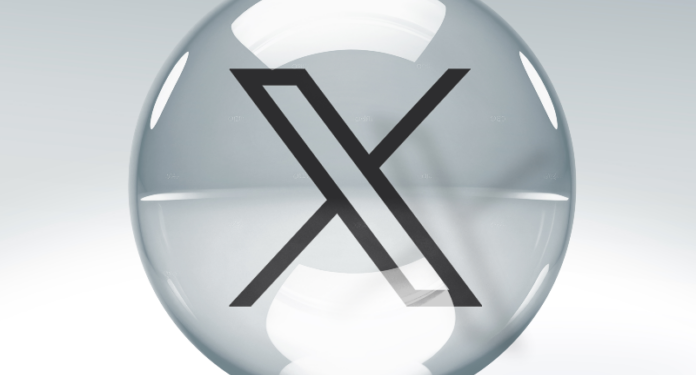
The European Union (EU) has taken a significant step against Elon Musk’s X platform, formerly known as Twitter, by initiating “formal infringement proceedings” under the recently implemented Digital Services Act (DSA). The action, announced on Monday, by the EU, targets illegal online content and disinformation related to Hamas’s October 7 attack in Israel.
The DSA marks a pivotal moment in the regulation of online platforms, holding them accountable for content moderation. EU Commissioner Thierry Breton emphasized that the era of major online platforms are behaving as if they are “too big to care” is over.
The European Commission’s preliminary information-gathering investigation, launched in October, focused on the dissemination of illegal content in the context of Hamas’s terrorist attacks against Israel. The findings from this inquiry prompted the formal probe against X.
Four Areas to Be Scrutinized
The investigation will scrutinize four key areas: the dissemination of illegal content, the effectiveness of X’s efforts to combat disinformation, suspected data access restrictions for researchers, and deceptive practices related to its Blue Tick subscription product.
The DSA allows for penalties, including fines up to six percent of an online company’s global revenues, in case of proven infringements. Serious and repeated violations may lead to a platform ban in the 27-nation bloc.
EU Grants Authority for Order
The EU’s formal probe grants the commission the authority to order X to take interim or remedial steps while the investigation is ongoing. There is no specified deadline for the proceedings to conclude.
In addition to X, the commission launched preliminary investigations against TikTok, YouTube, and Facebook owner Meta, examining how these platforms handled disinformation and illegal content related to the Hamas attack.
Elon Musk’s involvement with X has raised concerns. Since acquiring Twitter for $44 billion in October 2022, Musk has significantly reduced the platform’s content moderation staff and endorsed content reflecting anti-Semitic conspiracy theories.
His actions, including the elimination of the verification system for high-profile users and the introduction of a subscription-based Blue Tick offer, have sparked criticism.
A Proto-Type of WeChat
Brussels expressed apprehensions about X’s disinformation-fighting capabilities, particularly after noting its poor score in a pilot study of several platforms. Musk’s company, now named X, aims to become a multi-service platform, encompassing identity verification and payment transactions, similar to China’s WeChat.
Musk Insults Advertisers
Despite Musk’s ambitions, X has faced challenges. Last month, Musk insulted advertisers who abandoned the platform, and the company’s value has plummeted to around $19 billion, less than half of what he paid for it.
The EU’s move against X signals a proactive stance in addressing disinformation and illegal content on major online platforms, setting a precedent for increased accountability in the evolving digital landscape.









